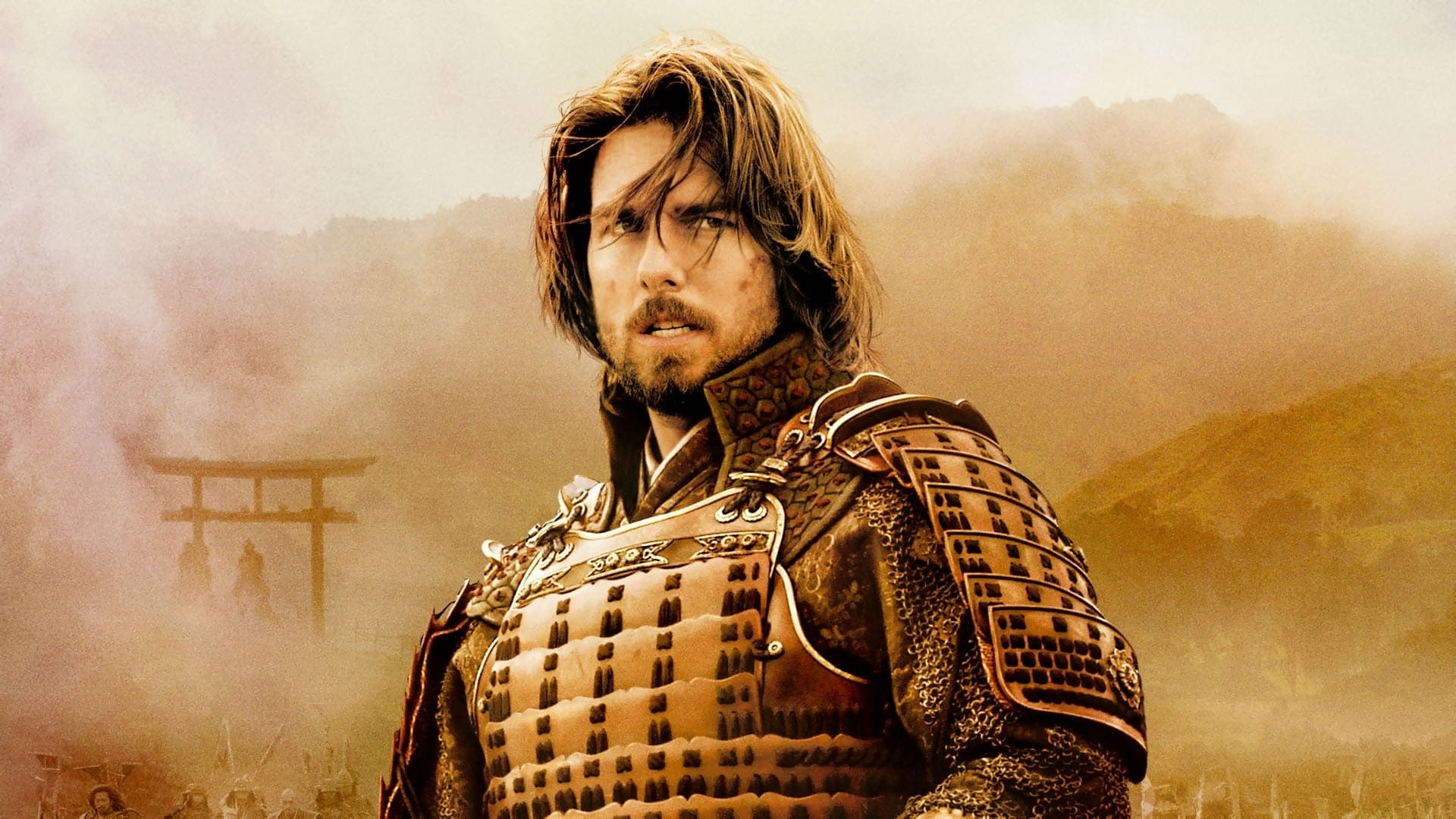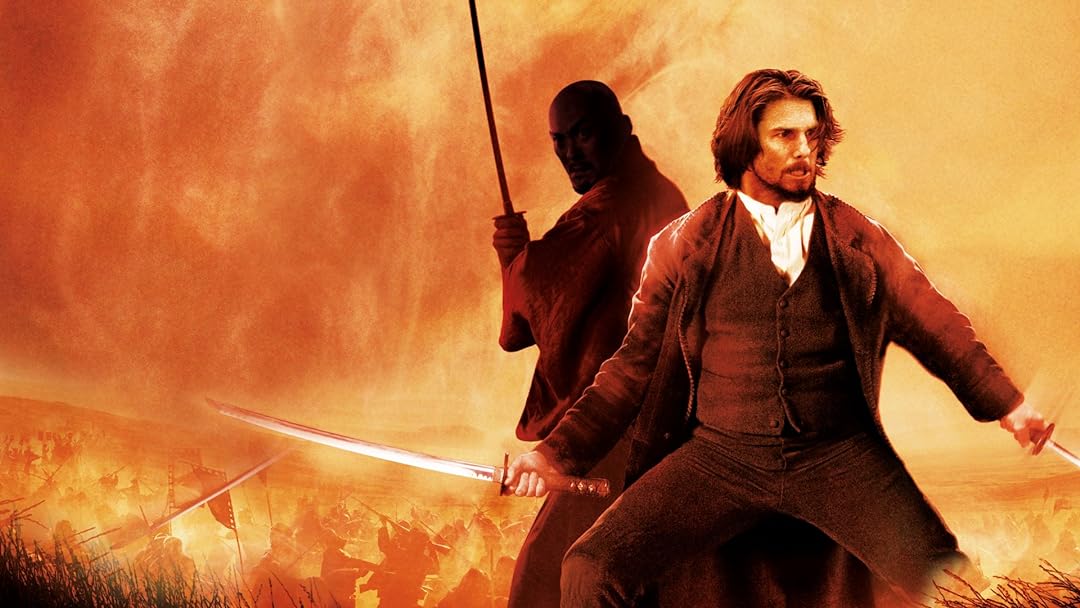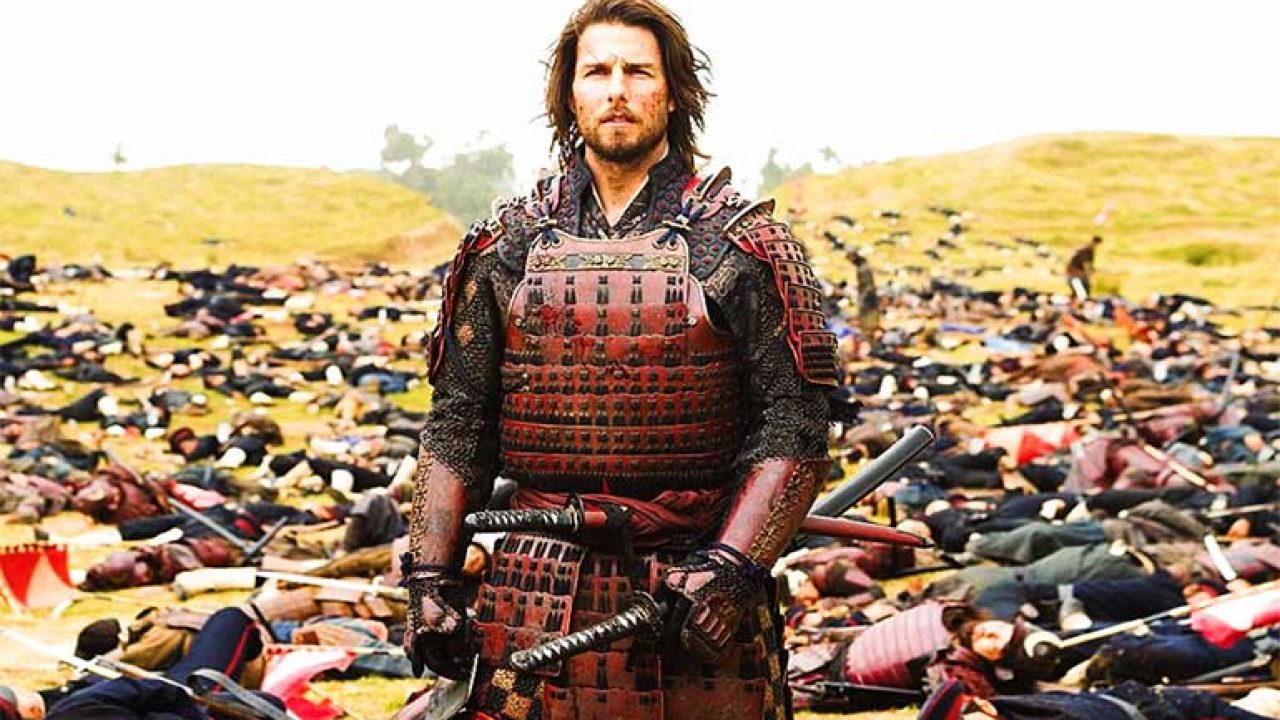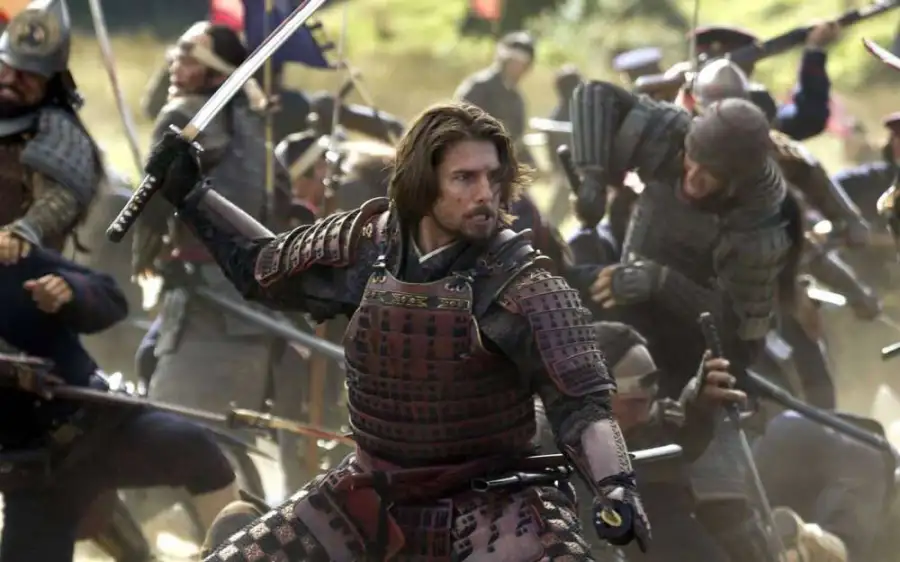⚔️ The Last Samurai (2003) Review: A Beautifully Crafted Epic of Honor, Change, and Redemption

The Last Samurai is an epic historical drama that masterfully blends sweeping action with emotional depth, set against the backdrop of Japan’s transition from the era of the samurai to a modernized, industrialized society. Directed by Edward Zwick, this 2003 film is a poignant exploration of the clash between tradition and modernization, anchored by a powerful performance from Tom Cruise. With breathtaking cinematography, stirring battle scenes, and themes of honor, loyalty, and redemption, The Last Samurai is a cinematic triumph that transports audiences to a pivotal moment in Japanese history.*
🎥 Film Overview:
- Title: The Last Samurai
- Release Year: 2003
- Director: Edward Zwick
- Starring: Tom Cruise, Ken Watanabe, Timothy Spall, Billy Connolly, Hiroyuki Sanada, Koyuki
- Genre: Historical Drama, Action, War
- Runtime: 154 minutes
- Rating: R
The Story:
The Last Samurai follows the journey of Captain Nathan Algren (Tom Cruise), a disillusioned American Civil War veteran who is haunted by his past and deeply cynical about the future. Hired by the Japanese Emperor’s government to help modernize their military and suppress a rebellion led by the samurai, Algren travels to Japan. However, during his first battle with the samurai, Algren is captured by the very warriors he was sent to defeat.
Instead of being killed, Algren is spared by the samurai leader, Katsumoto (Ken Watanabe), who seeks to understand the American and his world. As Algren lives among the samurai, he comes to admire their way of life—their discipline, honor, and dedication to a dying tradition. Algren is torn between his duty to modernize Japan and his growing respect for the samurai’s code. Ultimately, he must decide where his loyalty lies as Japan faces irreversible change.

Tom Cruise as Nathan Algren: A Journey of Redemption
Tom Cruise delivers one of his most nuanced performances as Nathan Algren, portraying a man burdened by guilt and trauma, who finds redemption in the most unlikely of places. Cruise effectively conveys Algren’s transformation from a broken, alcoholic soldier to a man who regains his sense of purpose through the samurai way of life. His portrayal balances both the physical demands of the role—excelling in intense battle scenes—and the emotional depth required to capture Algren’s internal struggles.
Ken Watanabe as Katsumoto: A Leader with Grace and Honor
Ken Watanabe’s performance as Katsumoto is one of the film’s standout elements. As the leader of the samurai rebellion, Katsumoto is a figure of great honor, wisdom, and strength, whose commitment to preserving the traditional ways of life is deeply compelling. Watanabe brings a quiet intensity to the role, making Katsumoto both a formidable warrior and a philosophical leader who questions the cost of modernization. The relationship between Katsumoto and Algren is at the heart of the film, and their mutual respect and growing friendship give the film its emotional core.

Stunning Cinematography and Epic Battle Sequences
The Last Samurai is visually stunning, with John Toll’s cinematography capturing the beauty and majesty of Japan’s landscapes, from the serene snow-covered mountains to the lush, green countryside where the samurai live. The attention to detail in the production design—down to the samurai armor, weapons, and architecture—immerses the audience in the world of 19th-century Japan.
The film’s battle sequences are expertly choreographed, combining the visceral intensity of large-scale warfare with the elegance of samurai combat. The contrast between the samurai’s traditional fighting techniques and the modernized firearms of the Imperial Army creates a compelling tension, with the final battle being both visually spectacular and emotionally charged.
Themes of Honor, Loyalty, and the Cost of Progress
At its core, The Last Samurai is a meditation on the clash between tradition and progress. The film explores the cost of modernization, particularly in the context of Japan’s rapid transformation during the Meiji Restoration. While the country’s modernization is inevitable, the film raises poignant questions about what is lost in the pursuit of progress—specifically, the erasure of an entire way of life embodied by the samurai.
The theme of honor is central to the film, with the samurai’s adherence to bushido (the way of the warrior) contrasting sharply with the moral ambiguity of the modern world. Algren’s journey is also one of redemption, as he finds in the samurai a sense of purpose and honor that he had long since lost.

Cultural Sensitivity and Historical Context
While The Last Samurai is a fictionalized account of Japan’s history, the film makes a sincere effort to portray the culture and values of the samurai with respect and reverence. The film’s depiction of the samurai is not just as warriors, but as individuals bound by a strict moral code, whose way of life is rooted in tradition, honor, and respect for nature. The film also touches on the complexities of Japan’s modernization and the internal conflicts faced by the country during this period.
However, some critics have noted that the film presents a “white savior” narrative, as Algren—a foreigner—becomes central to the samurai’s struggle. While Algren’s role is significant, the film does not overshadow the importance of Katsumoto and the samurai’s internal battle against the forces of change.
Final Thoughts: A Poignant and Visually Stunning Epic
The Last Samurai is a beautifully crafted film that combines thrilling action with a deeply emotional and reflective narrative. Tom Cruise and Ken Watanabe deliver powerful performances, bringing to life characters who are struggling to navigate a rapidly changing world. The film’s exploration of honor, loyalty, and the cost of modernization resonates long after the credits roll, making it a timeless epic that honors the spirit of the samurai.

Film Details:
- Release Date: December 5, 2003
- Producers: Marshall Herskovitz, Edward Zwick, Tom Cruise, Scott Kroopf
- Production Companies: Warner Bros. Pictures, Cruise/Wagner Productions, Radar Pictures
- Box Office: $456 million worldwide
- Fun Fact: Ken Watanabe, who played Katsumoto, was nominated for an Academy Award for Best Supporting Actor, marking his first nomination for an English-language film.
Verdict: 9/10
The Last Samurai is an epic that excels both in its action and emotional storytelling. With stunning visuals, unforgettable performances, and a thought-provoking exploration of change and tradition, it remains one of the finest historical dramas of the 2000s.
SUGGESTED VIDEO FOR YOU:
[Movie Review] Simba’s Betrayal and Redemption
[Movie Review] The Sands of Destiny











